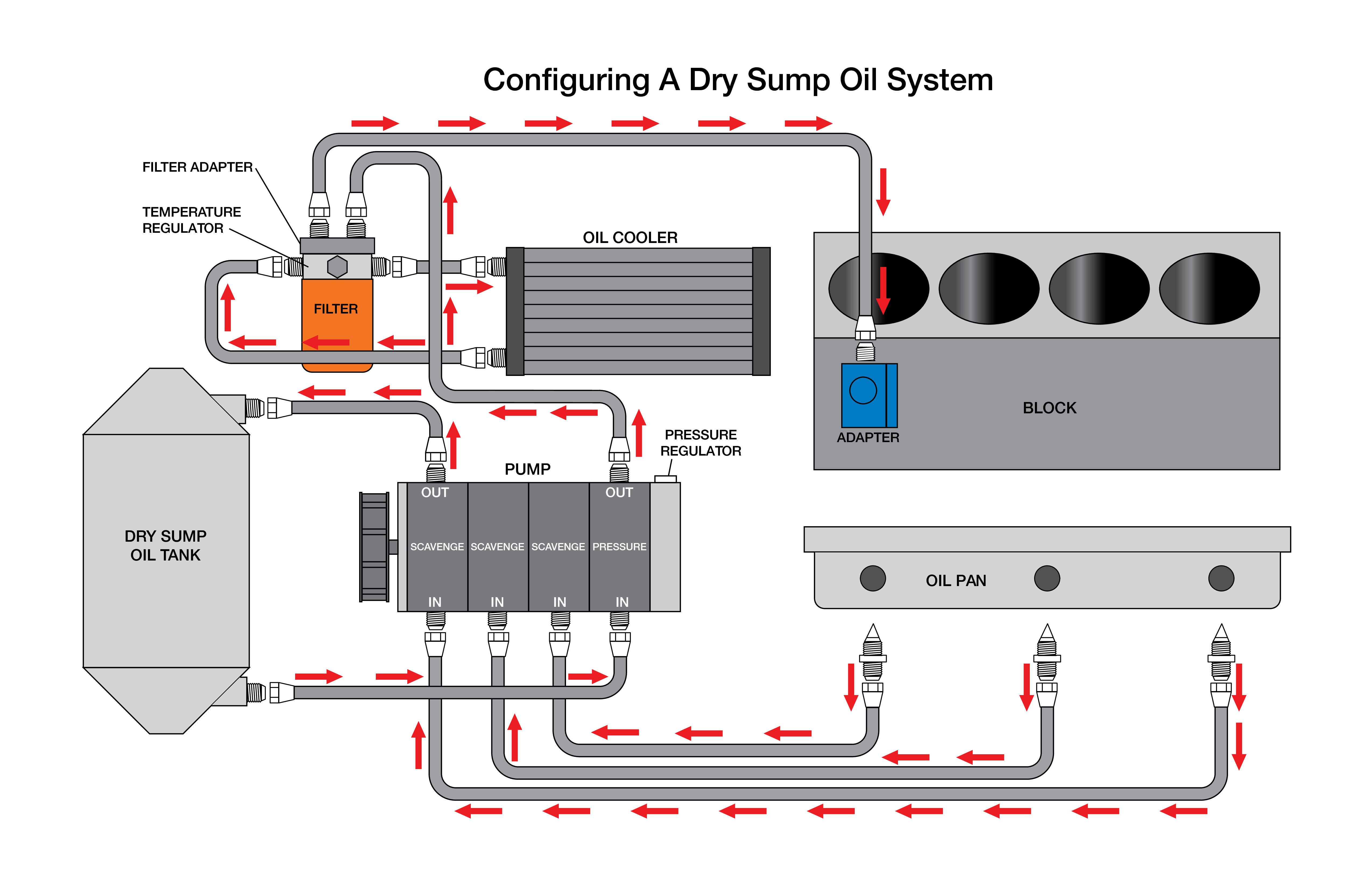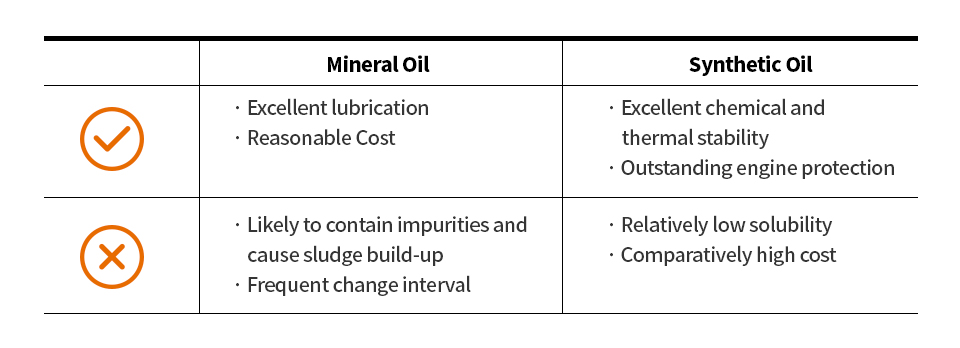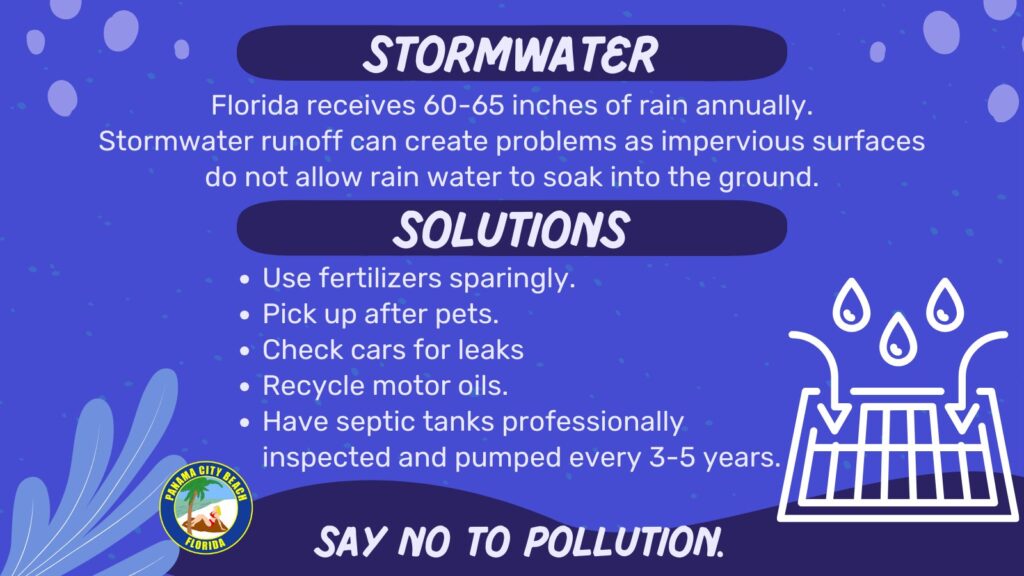Engine oil is a vital component in the functioning of any vehicle. It plays a crucial role in lubricating the engine, reducing friction, and dissipating heat. However, like any other product, engine oil also comes with its own set of pros and cons. In this article, we will explore the advantages and disadvantages of using engine oil.

Credit: www.enginelabs.com
Pros of Engine Oil
| Pros | Description |
|---|---|
| 1. Lubrication | One of the primary benefits of engine oil is its lubricating properties. It helps reduce friction between moving parts in the engine, preventing wear and tear. |
| 2. Cooling | Engine oil aids in dissipating heat generated during the combustion process. It helps maintain the optimal operating temperature of the engine. |
| 3. Corrosion Protection | Engine oil forms a protective barrier on metal surfaces, preventing corrosion and extending the lifespan of engine components. |
| 4. Cleaning | Quality engine oils come with detergents and additives that help keep the engine clean by removing sludge and deposits. |
| 5. Improved Fuel Efficiency | By reducing friction and improving engine performance, the right engine oil can contribute to better fuel efficiency. |
These advantages highlight the importance of using high-quality engine oil in your vehicle. Regular oil changes and proper maintenance can help you reap the benefits of engine oil.
Cons of Engine Oil
While engine oil offers numerous advantages, there are also some drawbacks associated with its use. It is essential to be aware of the potential downsides to make informed decisions about your vehicle’s maintenance.
- 1. Environmental Impact: Improper disposal of used engine oil can have detrimental effects on the environment. It is crucial to recycle or dispose of old oil responsibly.
- 2. Cost: High-quality engine oils can be expensive, especially synthetic oils. However, investing in good quality oil can save you money in the long run by preventing engine damage.
- 3. Contamination: Contaminants such as dirt, dust, and metal particles can degrade the quality of engine oil over time, reducing its effectiveness.
- 4. Overuse: Using engine oil beyond its recommended service interval can lead to sludge buildup, reduced lubrication, and engine damage.
- 5. Compatibility: Not all engine oils are suitable for every type of vehicle. It is essential to use the recommended oil grade and viscosity for optimal performance.
By understanding the potential drawbacks of engine oil, you can take proactive steps to mitigate these issues. Regular maintenance, proper disposal, and using the right type of oil for your vehicle are crucial in maximizing the benefits of engine oil.

Credit: news.kixxoil.com
Conclusion
Engine oil is a fundamental component in ensuring the smooth operation and longevity of your vehicle’s engine. While it offers numerous advantages such as lubrication, cooling, and corrosion protection, it is essential to be mindful of the potential drawbacks.
By choosing high-quality engine oil, following recommended maintenance schedules, and practicing responsible oil disposal, you can maximize the benefits of engine oil while minimizing its drawbacks. Remember that proper care and maintenance of your vehicle’s engine are key to its optimal performance and longevity.
Stay informed, stay proactive, and enjoy the benefits of a well-maintained engine with the right engine oil!


